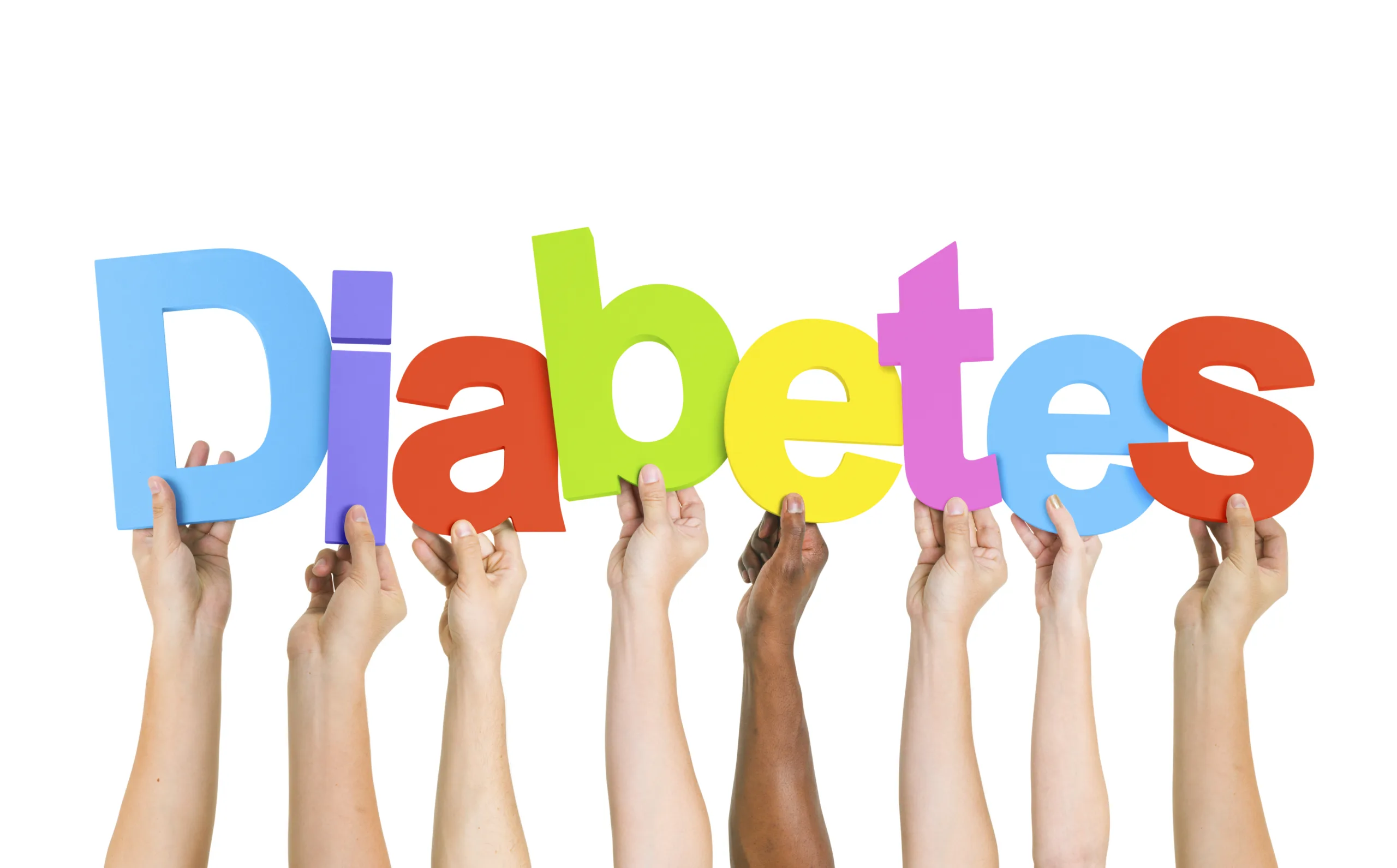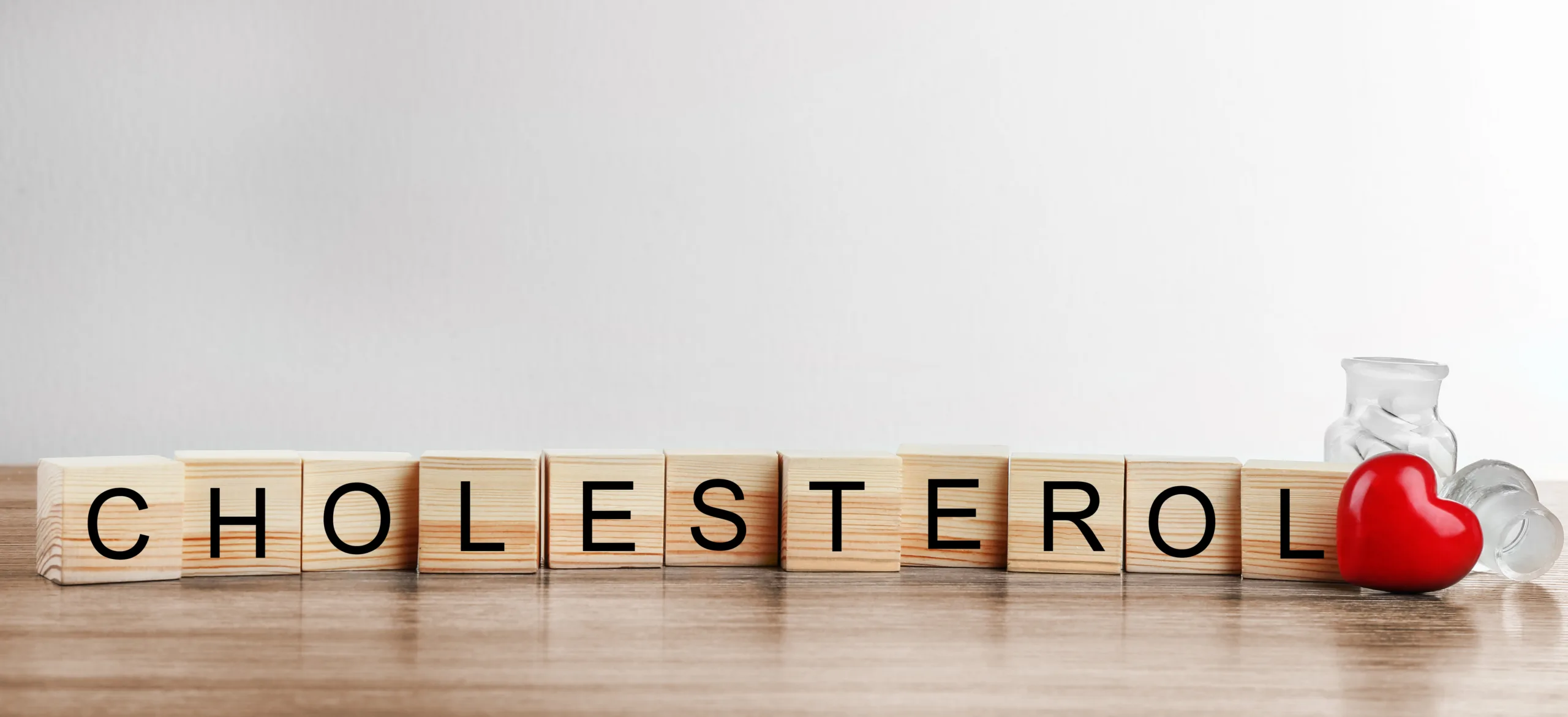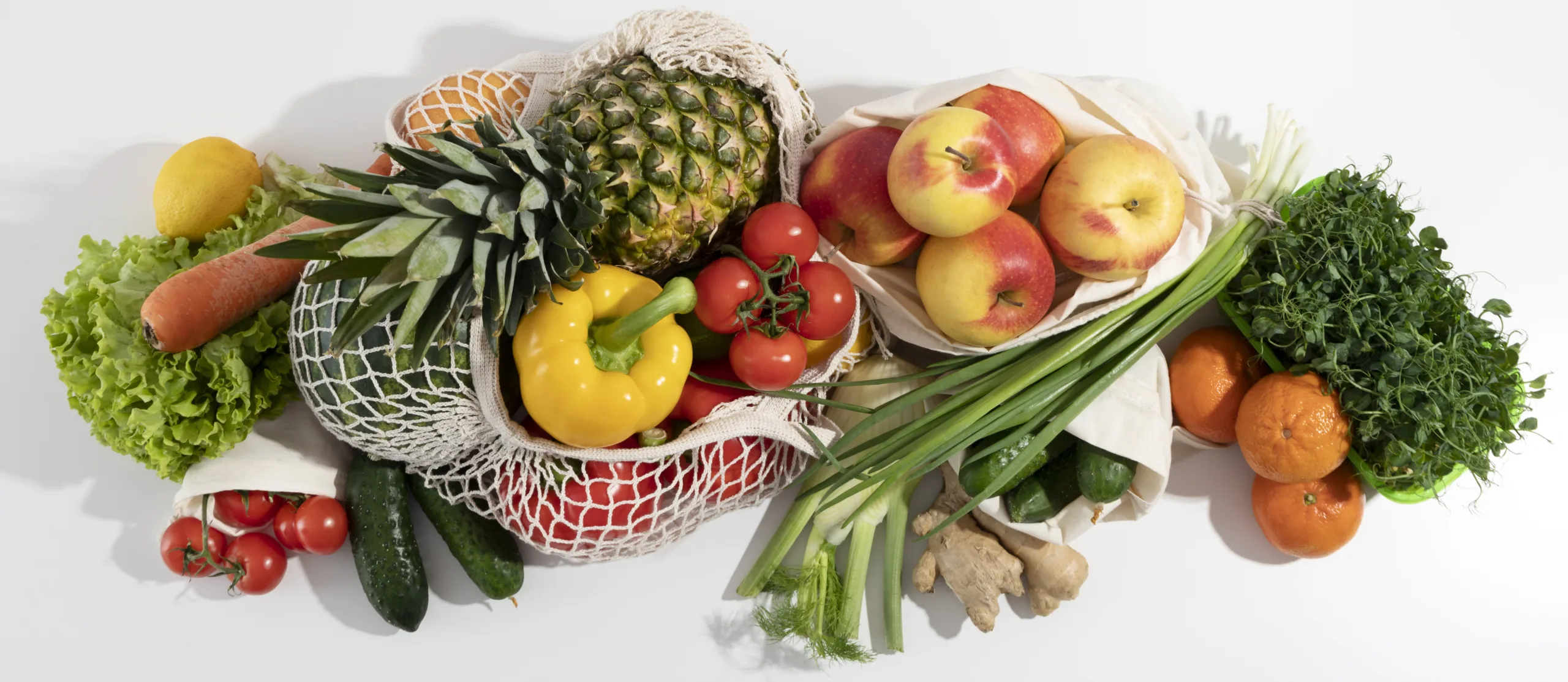-
Understanding the Glycaemic Index
For individuals living with diabetes who need to manage their blood sugar levels effectively, understanding the Glycaemic Index (GI) is
-
The Role of Probiotics and Prebiotics in Gut Health
Gut health is a topic that has gained significant attention in recent years, and for good reason. Research has shown
-
The Vegan Dilemma: Health and Ethics on the Plate
Each year, on November 1st, World Vegan Day is celebrated worldwide. It’s a day dedicated to promoting the benefits of
-
Cracking the Cholesterol Code
myfood24 for health plays a pivotal role in revolutionising patient care by minimising the risk of complications linked to poor
-
The Benefits of Adopting a Vegetarian Diet
Around the world, a growing number of individuals are making the conscious decision to adopt a vegetarian diet. Driven by
-
WORLD HEART DAY: Exploring the Link Between Nutrition and Heart Health
Good nutrition is essential for overall wellbeing, and when it comes to heart health, the impact of proper nutrition cannot
-
World Water Day. Let’s Act!
World Water Day is celebrated on March 22nd every year around the world, with a mission to raise awareness about
-
Student Cheat Sheets – Preparing for exams
It’s that time of year again, if you are a student you may have exams now or coming up. Here
-
What are Dietary Reference Values?
What is a Dietary Reference Value? The European Food Safety Authority defines a Dietary Reference Value (DRV) as “an umbrella
-
Measuring Sustainability with myfood24
With over a third of global greenhouse gas emissions coming from food production, we know the powerful impact the food
-
The Importance of Eating a Sustainable Diet
Today, more and more fruit and vegetables from further afield are becoming readily available in our supermarkets, so we can
-
Professor Janet Cade’s Top 10 Tips for Nutrition Research
Conducting research into what we eat can be complex, challenging and laborious for many. It takes a lot of skill
Blog
Essential Insights into Optimal Diet and Nutrition
Interested In Using myfood24?
Why Not Get In Touch or Try Our Free Demo
Why Not Get In Touch or Try Our Free Demo











